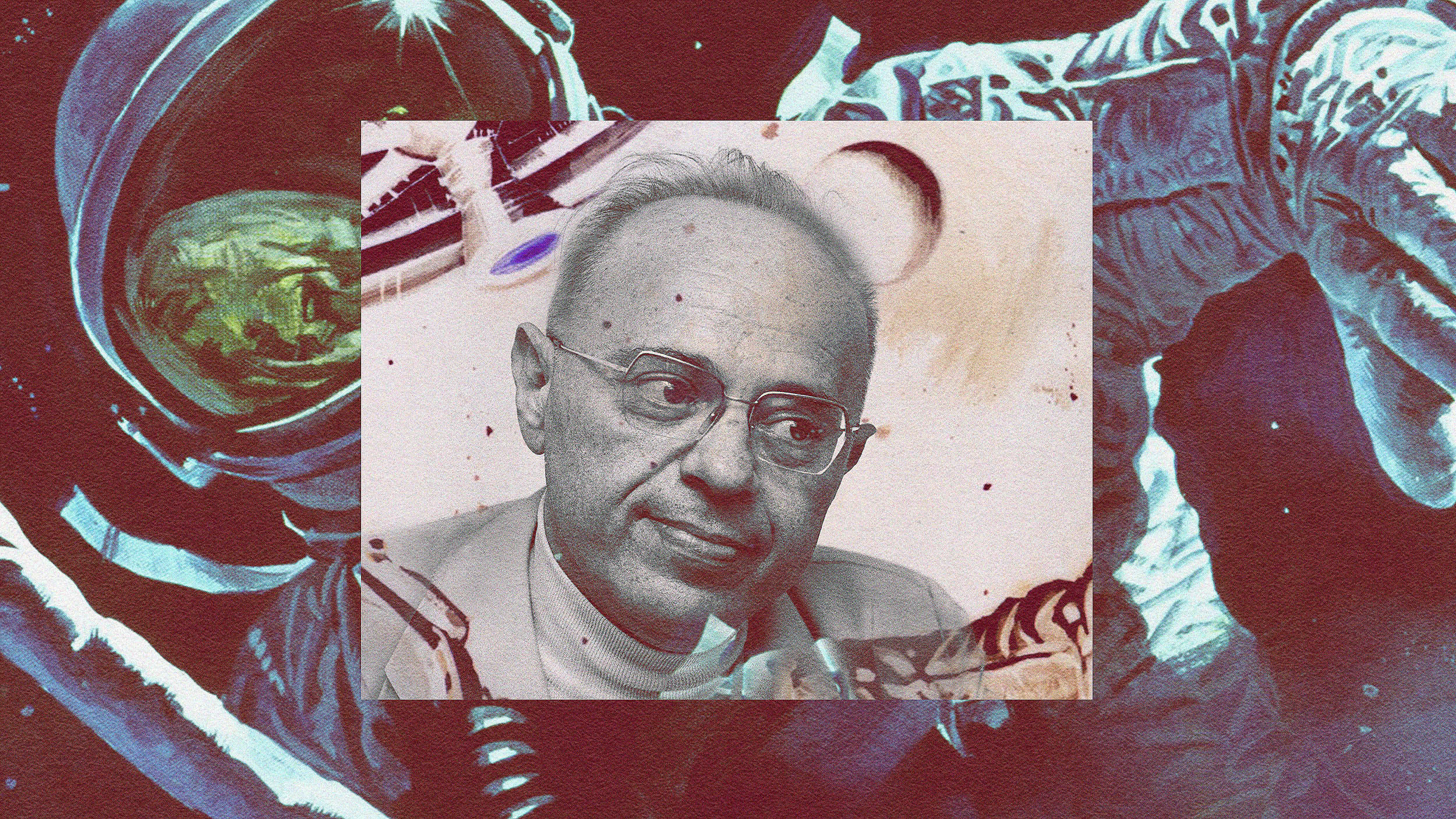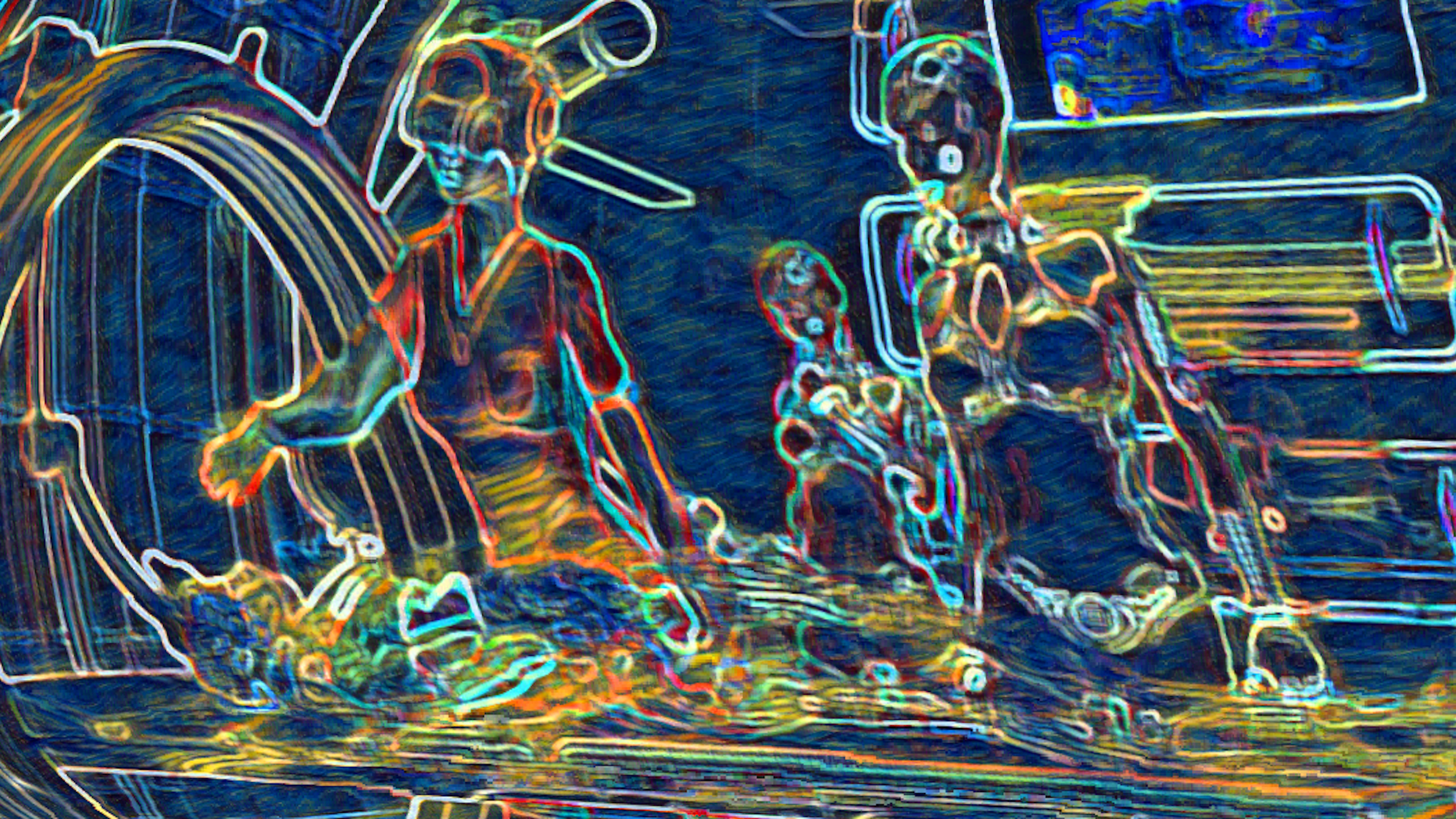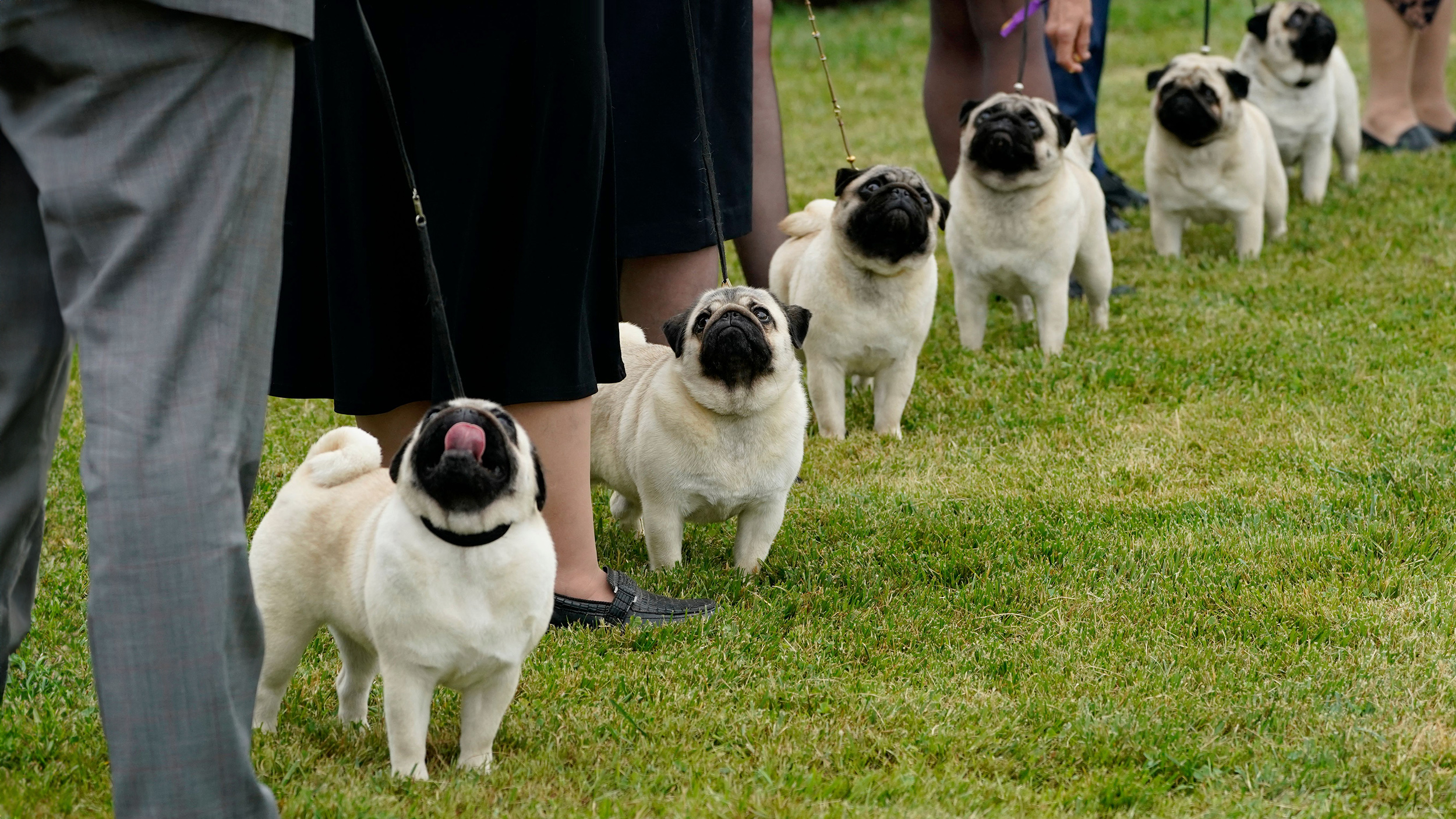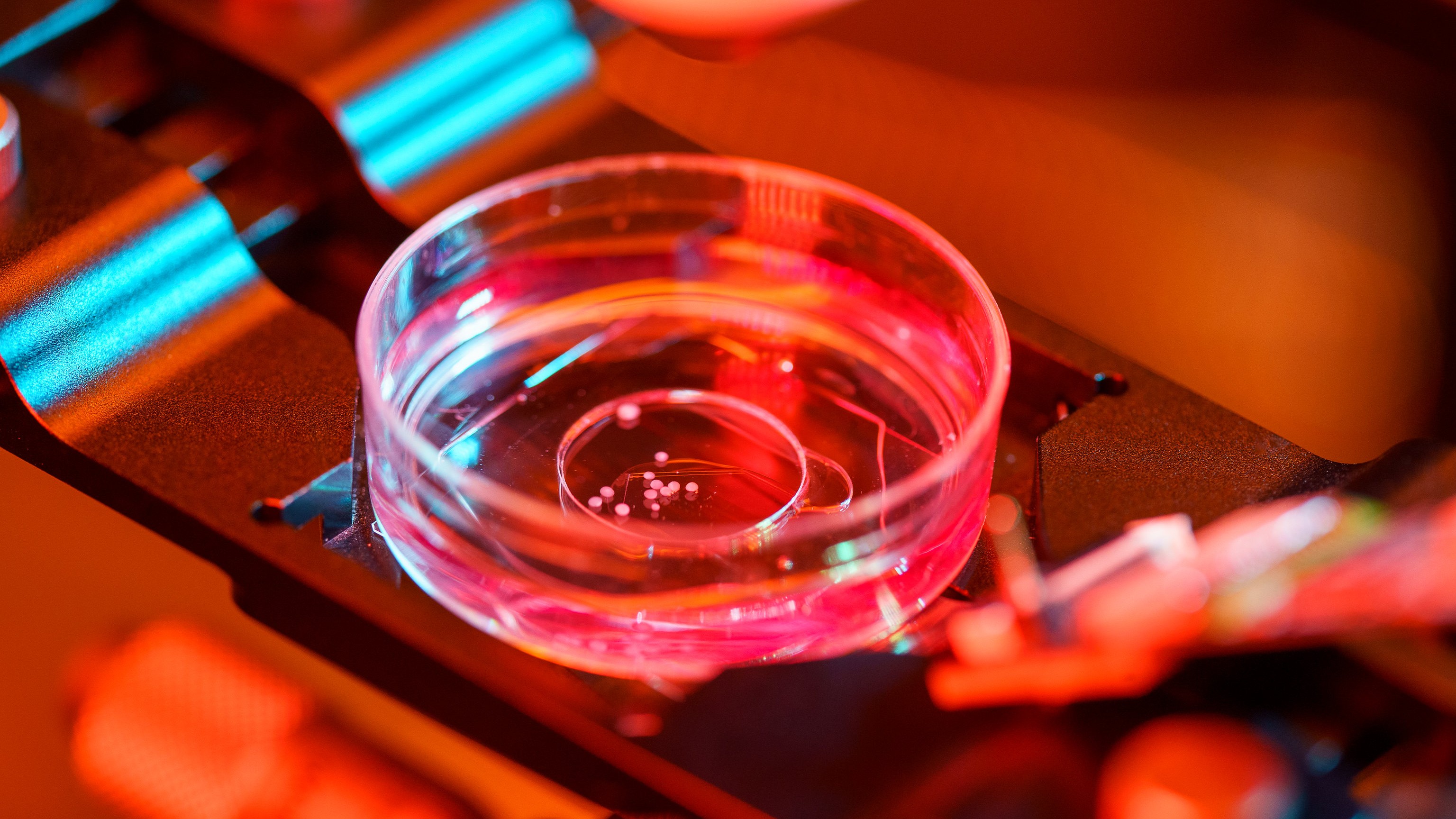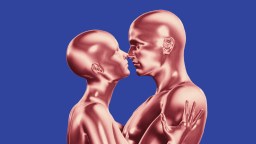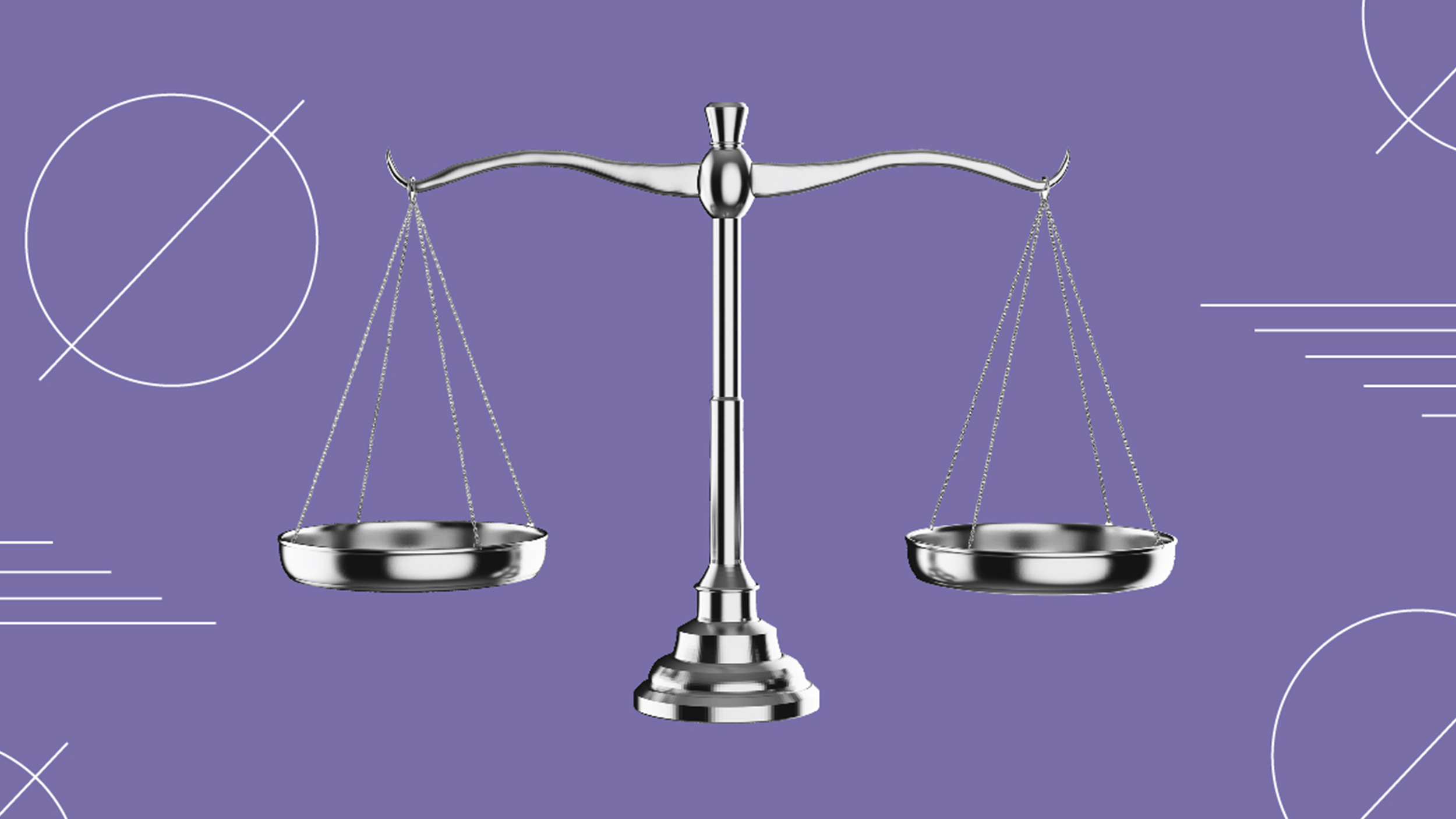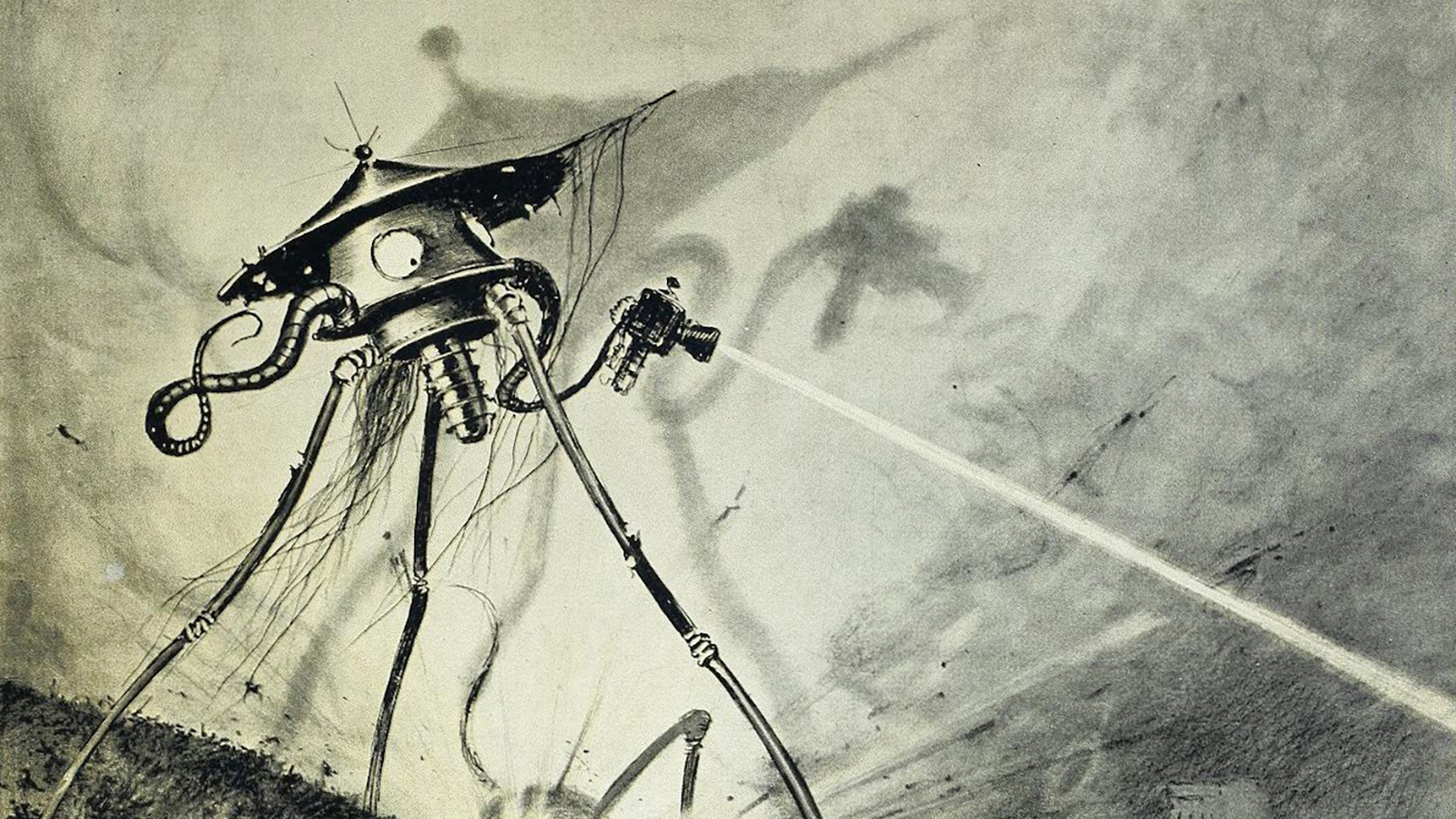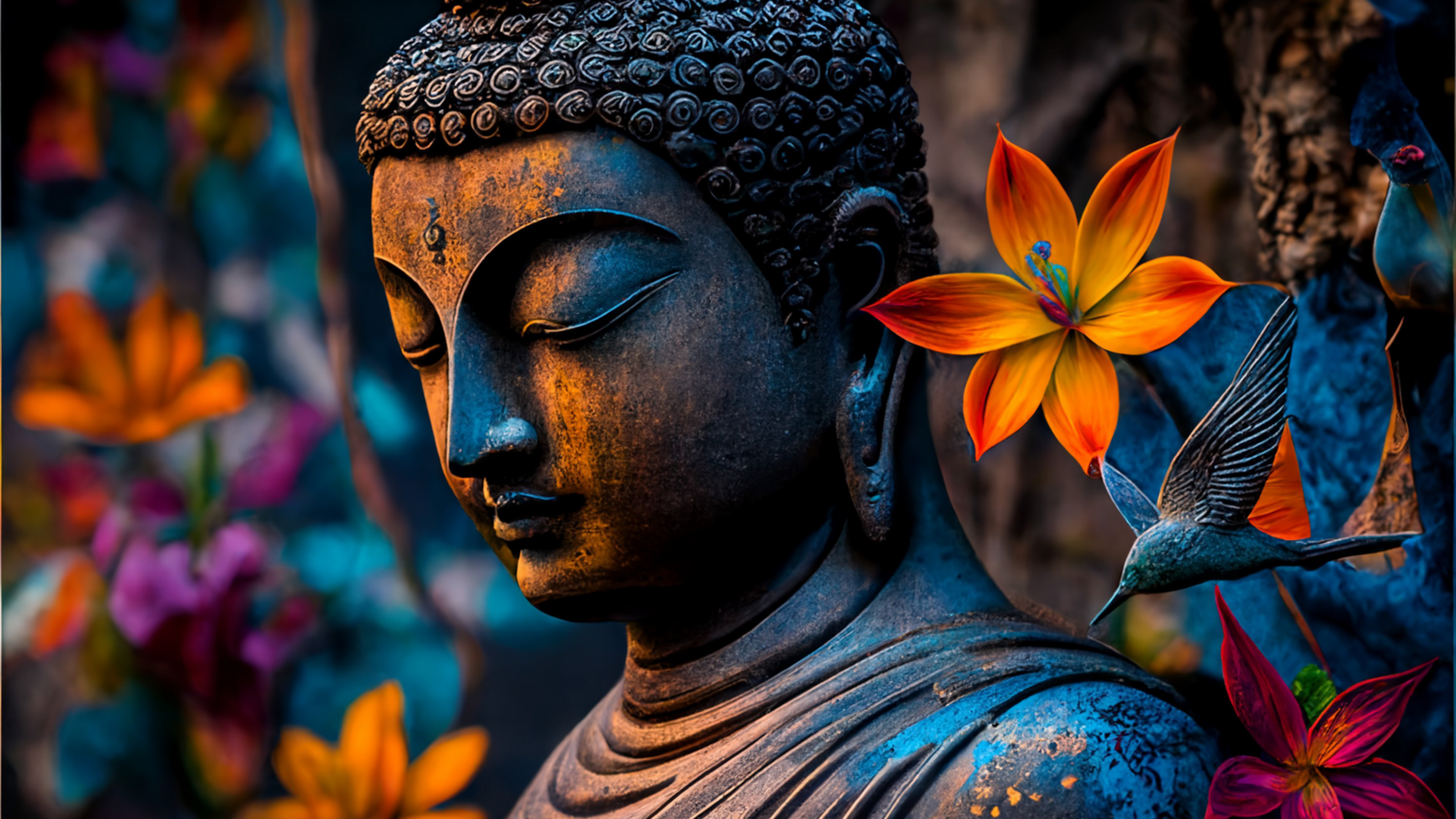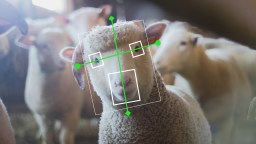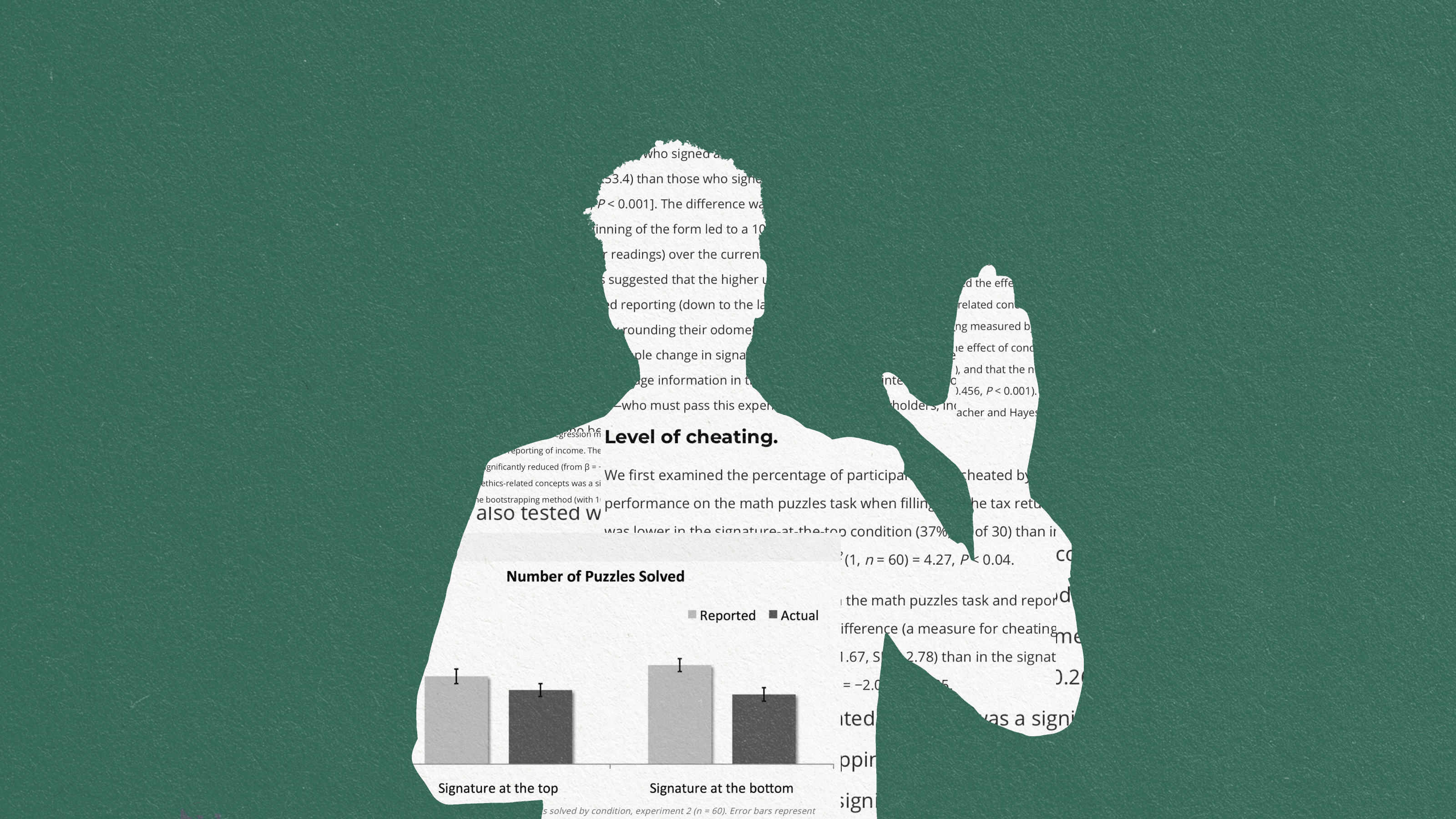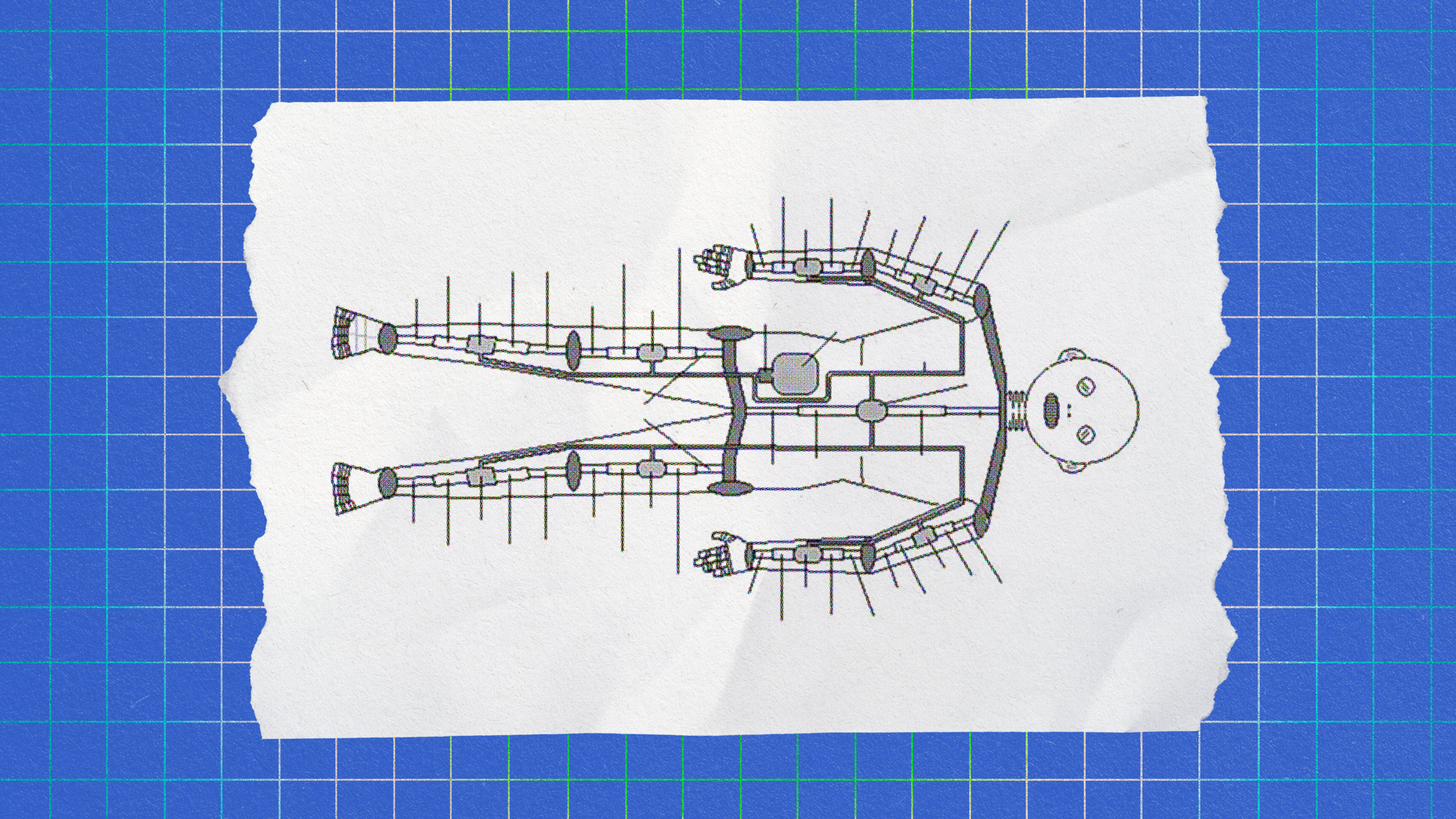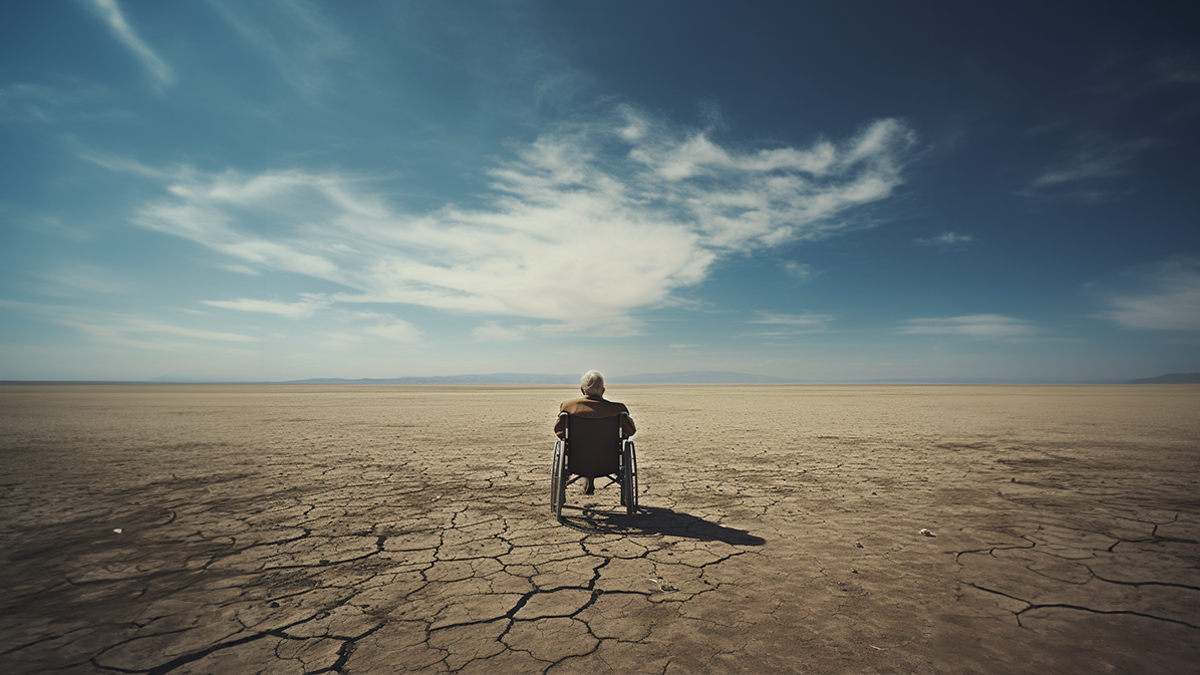Whenever someone waxes poetic about terraforming alien worlds, it’s worth taking a moment to consider the ethical implications of the proposal.
Search Results
You searched for: Ethics
AI can deliver a more equitable and prosperous future — if accompanied by ethical and responsible stewardship.
How would you feel about working like a Lutheran or a Cistercian?
Step back from the AI maelstrom and explore Lem’s "Summa Technologiae" for a detached look at technology’s role in human evolution.
From cosmetic procedures to heart operations, the introduction of AI will create an ethical minefield.
Forensic accountant Kelly Richmond Pope explains how fraud runs rampant — even when businesses don’t intend it.
▸
8 min
—
with
There's a link between dark personality traits and breaches of battlefield ethics.
Pugs are funny and cute, but that is because we have bred them intentionally to have debilitating genetic mutations. Is that ethical?
Kelly Richmond Pope, a forensic accountant, shares a simple test that puts your ethics under the spotlight.
▸
4 min
—
with
With U.S. infrastructure crumbling, an honor oath and iron ring remind engineers of their profession's ethical weight.
Some scientists think brain organoids could develop a form of consciousness. Others say that's science fiction.
Should you confess to cheating? A Columbia ethics professor explains.
▸
5 min
—
with
Dive into seven texts that continue to shape Western philosophy, from ancient Mesopotamia to Greece's brightest minds.
Nicole has been dating someone for a while but it's not working out from her point of view. Is sudden radio silence an ethical option?
Rich is brilliant at his job. He completes work in half the time of his coworkers. Should he have to sit at his desk just as long?
They could also "turn off" their fear.
82% of professionals say they'd take a lower-paying job to work for an organization with more ethical business practices. This is just one of the reasons to offer ethics training for employees.
If aliens are driven mostly by biological imperatives, humanity could be in big trouble if we ever meet technologically advanced beings.
For Buddhists, the “Four Noble Truths” offer a path to lasting happiness.
Can AI and animals coexist? Philosopher Peter Singer gives us a nuanced take on the issue.
▸
5 min
—
with
The separation of conjoined twins is fraught with stomach-churning biomedical and ethical challenges.
Does humanity have a moral imperative to seed life on lifeless worlds? And should we avoid colonizing a planet if life already exists there?
Sometimes breaking a rule is the ethical thing to do.
Big Think covered the 2012 study shortly after it was published. We are now correcting the record.
80% of the world was once polygamous. What happened?
▸
5 min
—
with
A controversial new philosophy paper tries to bring our moral prejudices to heel. Should it?
Hundreds of millions of animals get killed for meat every day.
A new generation of leaders is forging a path for 21st-century capitalism that’s both profitable and socially responsible.
In history, every major technological advance has been used, for good and bad.
In hospice care and hospitals, we prioritize those with more life to live over those who are terminally ill. What is that, if not prejudice?



